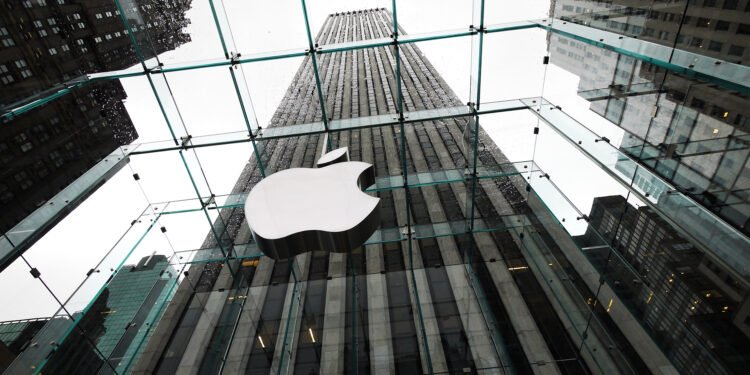Apple has lost its legal battle over a €13 billion ($14.4 billion) Irish tax bill and Google has lost its challenge to a €2.4 billion ($2.7 billion) fine for abusing its market power, in a double blow to the European Union’s crackdown on Big Tech.
Today, the Court of Justice of the European Union in Luxembourg upheld a landmark 2016 ruling that Ireland had violated state aid law by giving Apple an unfair advantage.
In another victory for EU antitrust chief Margrethe Vestager, the same court ruled that Google had illegally exploited its dominance of the search engine to give higher rankings to its own product listings.
Vestager, who will leave the European Commission in a few months after two terms, made Apple and Alphabet Inc’s Google prime targets after taking office in 2014.
Apple’s conviction was the biggest ever in its decade-long campaign for tax fairness, which has also targeted the likes of Amazon and carmaker Stellantis NV Fiat.
Vestager considers selective tax benefits for large corporations to be illegal state aid prohibited in the EU.
Apple CEO Tim Cook has previously criticised the EU’s 2016 move to order the company to pay €13 billion in back taxes, calling it “total political nonsense”, while the Commission fined Google in 2017 for abusing its search dominance to give higher rankings to its own product listings.
Commenting on the European decision, an Apple spokesperson said: “We are disappointed with today’s decision as the General Court has already reviewed the facts and has categorically dismissed this case.”
Apple shares fell 1.3% to $218 in premarket trading on Tuesday.
A Google spokesman said the company was “disappointed” with the court’s ruling on its appeal and that a 2017 offer to address the EU’s concerns had helped create further obstacles for other shopping services.
The EU’s focus on Google has paved the way for global scrutiny, from the US to the UK. The EU has not only targeted the company’s dominance in search; its shopping case was the first in a trilogy of fines that have resulted in penalties totalling more than €8 billion.
EU competition watchdogs hope Silicon Valley’s behavior will be fixed once and for all with sweeping new regulation that came into force last year through the Digital Markets Act.



